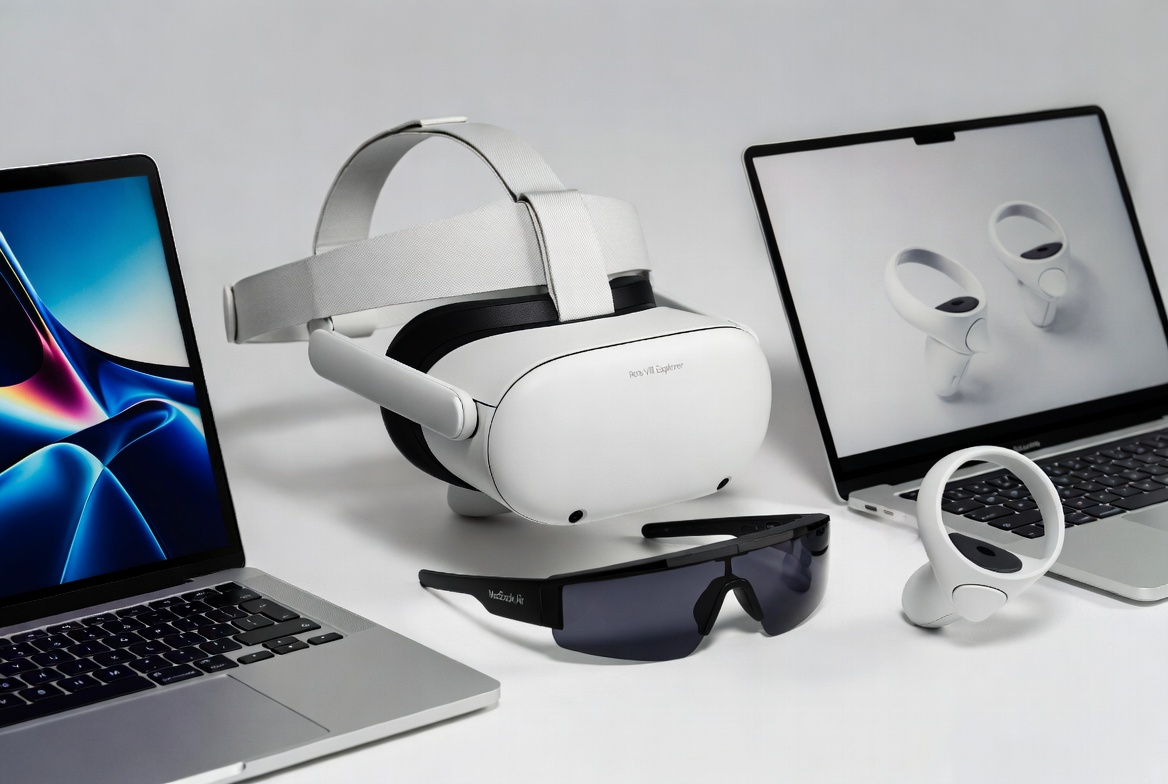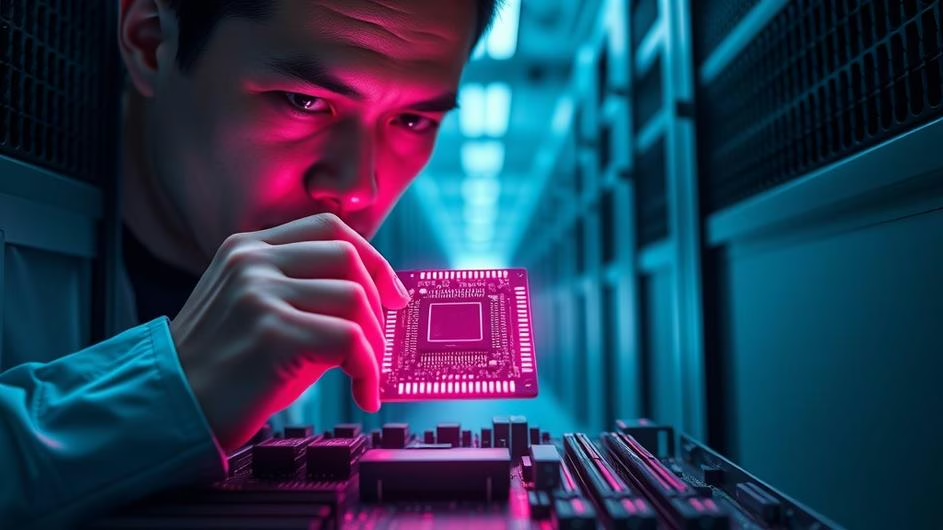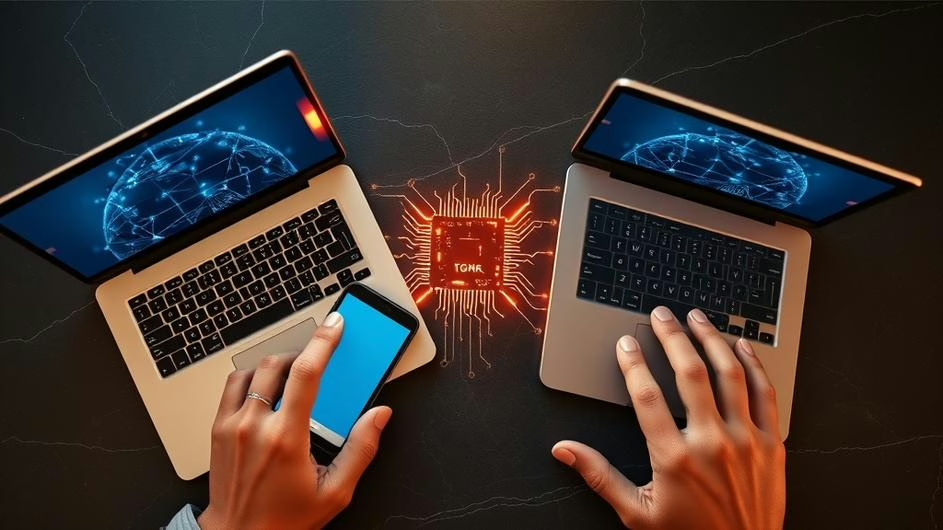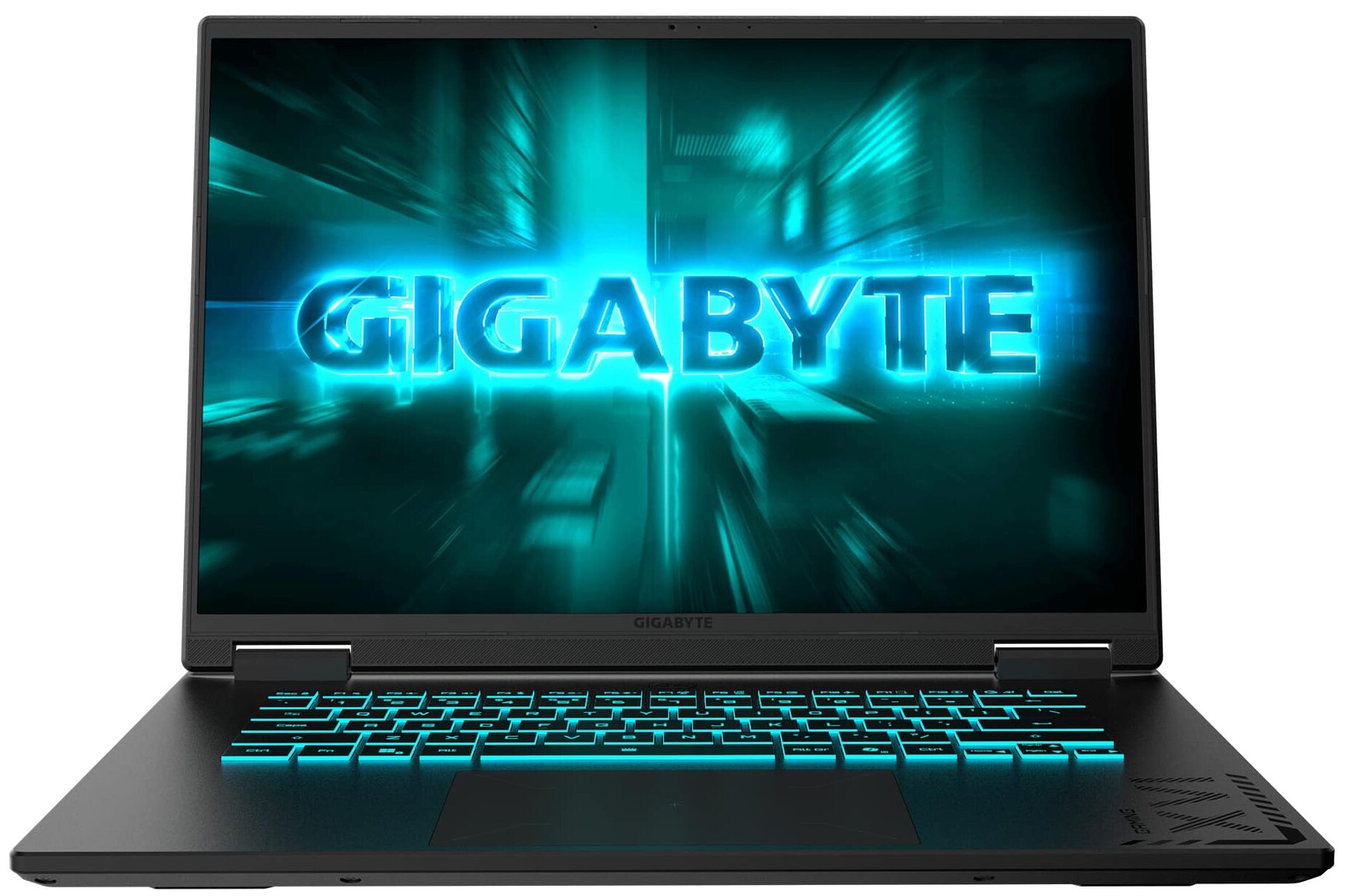
Powering Web3: Next-Gen Laptops Drive Crypto Innovation and Mobility
The lines between hardware and software are disappearing fast, especially in crypto. If you’re building on Ethereum, trading DeFi tokens, or running a validator node, your laptop isn’t just a tool anymore. It’s your lifeline to the decentralized economy.
Today’s portable computers pack serious punch for Web3 work. We’re talking about machines that can handle multiple MetaMask transactions, run local testnets, and crunch blockchain data without breaking a sweat.
Why Crypto Developers Need More Than Basic Laptops
Remember when checking email was the most demanding thing you did on a laptop? Those days are gone. Blockchain development requires horsepower that would make a gaming rig jealous.
Modern crypto work means running Solidity compilers, testing smart contracts on local networks, and monitoring gas fees across multiple chains simultaneously. The latest models from Best Buy’s laptop selection come with 32GB of RAM and PCIe SSDs that can handle these workloads without lag.
Take the Lenovo Yoga series, for instance. These 2-in-1 convertibles let you code in laptop mode, then flip to tablet mode for presentations at DeFi conferences. It’s the kind of flexibility that matters when you’re explaining yield farming strategies to potential investors.
AI-Powered Hardware Changes Everything
Here’s where things get interesting. The newest processors don’t just run faster, they’re designed with AI acceleration built in. Intel’s latest Ultra chips can encrypt wallet transactions at blazing speeds and run predictive models for trading algorithms without external cloud services.
What does this mean for solo developers? You can now run sophisticated trading bots locally, analyze on-chain data in real-time, and test AI-driven crypto strategies without paying for expensive cloud computing. The barrier to entry just dropped significantly.
Lenovo’s ThinkPad T14 and X1 Carbon Gen 12, available through enterprise suppliers like CDW, pack these AI-ready processors. For crypto teams building machine learning models to predict market movements or detect rug pulls, this hardware democratizes access to tools that were once exclusive to big tech companies.
Remote Work Meets Decentralized Finance
The crypto industry runs 24/7, and it’s largely remote. Your laptop needs to keep up whether you’re coding from a Bangkok co-working space or presenting zero-knowledge proof concepts at a conference in Dubai.
WiFi 6E and Bluetooth 5.3 aren’t just marketing buzzwords here. They mean reliable connections when you’re managing a multi-sig wallet with colleagues across time zones. The latest models from HP’s store and Amazon’s laptop section come loaded with these connectivity features.
Port selection matters too. USB Type-C for connecting hardware wallets, HDMI for displaying trading charts on external monitors, and Ethernet for those times when WiFi just won’t cut it during a critical DeFi transaction.

Making Web3 Accessible to Everyone
Not everyone needs a $3,000 workstation to participate in crypto. Entry-level models under $500 can handle basic DeFi trading, NFT creation, and crypto portfolio management. This accessibility is crucial for bringing more people into Web3.
Touchscreen interfaces make interacting with DeFi protocols more intuitive. Instead of fumbling with trackpads, you can swipe through Uniswap interfaces or tap to confirm transactions. Long battery life ensures you won’t miss that flash loan opportunity because your laptop died.
Hardware as Web3 Infrastructure
Think about it: in a decentralized world, your personal hardware becomes part of the infrastructure. The laptops of 2024 aren’t just catching up to software advances. They’re setting new standards for what’s possible in decentralized computing.
HP’s ENVY and OMEN lines, along with Lenovo’s business-focused ThinkPad E16, represent more than incremental upgrades. They’re purpose-built for an economy where your laptop might be running a Lightning Network node, validating transactions, or participating in distributed storage networks.
As regulations evolve and crypto adoption accelerates, these machines will become the foundation for everything from DeFi governance participation to NFT marketplace operations. They combine security, creative power, and adaptability in ways that let users navigate both the technical and philosophical aspects of Web3.
The Road Ahead
We’re at a turning point where next-generation laptops and the decentralized future are converging. For investors hunting the next unicorn startup, developers building tomorrow’s financial infrastructure, and creators exploring tokenized art, the right laptop is more than hardware. It’s your gateway to innovation.
Want to shape the future of crypto and Web3? Start with the machine that’ll get you there. Because in a world where everything’s decentralized, your laptop might just be the most centralized thing you own. And that’s exactly how it should be.
























































































